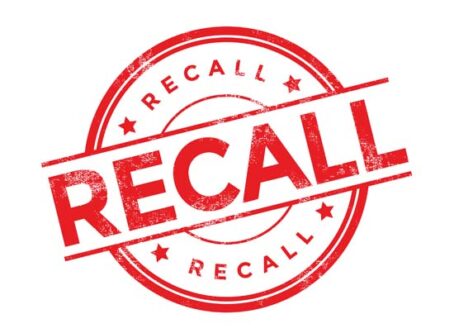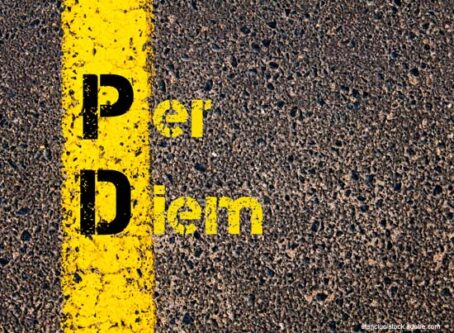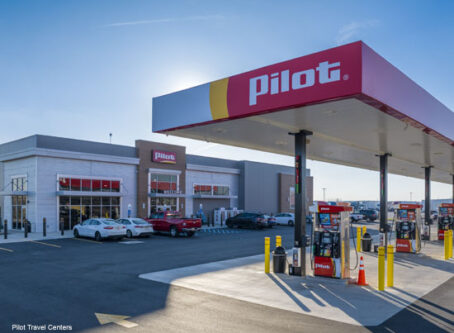Daimler Truck, Toyota to merge subsidiaries for new tech advantage
German truck maker Daimler Truck and Japan’s top automaker, Toyota, are merging two Japanese subsidiaries. The goal of the new company is to develop technology to reduce emissions and study autonomous driving, net-connected services and electric vehicles.
The two companies that are merging into a single holding company are Mitsubishi Fuso Truck and Bus Corp., whose top stakeholder is Daimler Truck, and Hino Motors, the truck maker in the Toyota group, according to The Associated Press.
Daimler Truck and Toyota Motor Corp. will equally invest in the Mitsubishi-Hino merger. The financial terms were not disclosed.
Details on the scope and nature of the collaboration, including the name, location, shareholding ratio and corporate structure of the new holding company will be decided over the course of the next 18 months, according to a Toyota news release. The parties expect to sign definitive agreements in the first quarter of 2024. They aim to close the transaction by the end of 2024. Once all parties involved reach an agreement, they will move forward based on the approval of the relevant boards of directors, shareholders, and authorities.
“This collaboration among our four companies is a partnership for creating the future of commercial vehicles in Japan and the future of a ‘mobility society,’ Toyota Motor Corp. CEO Koji Sato said in a news release.
The two truck companies will work on commercial vehicle development, procurement and production to become globally competitive, the executives said.
“We at Daimler Truck are very proud of our products, because trucks and buses keep the world moving. And soon they will even do so with zero emissions,” Daimler Truck CEO Martin Daum said. “Today’s announcement is a crucial step in making that future work economically and in leading sustainable transportation.”
The companies expect to gain a competitive edge and cut costs through economies of scale by sharing knowledge and resources, according to the AP report.
“It is hard to go at it alone. Working together is crucial,” Sato said in the AP report.
Fuel cells power Toyota’s buses in Japan but its strength has been in electric vehicle-internal combustion engine hybrids. Consumer acceptance of battery powered electric vehicles has come faster than expected, Toyota officials said in the AP report. The company is working toward rolling out electric vehicles in various markets.
The deal is a chance for a fresh start at Hino after the company’s image was marred by its disclosure last year that it had systematically falsified emissions data beginning as early as 2003, Hino President and CEO Satoshi Ogiso said, according to the AP.
Hino became a Toyota subsidiary in 2001. Daimler bought into Mitsubishi Fuso in 2003 and now owns 89% of it. LL









